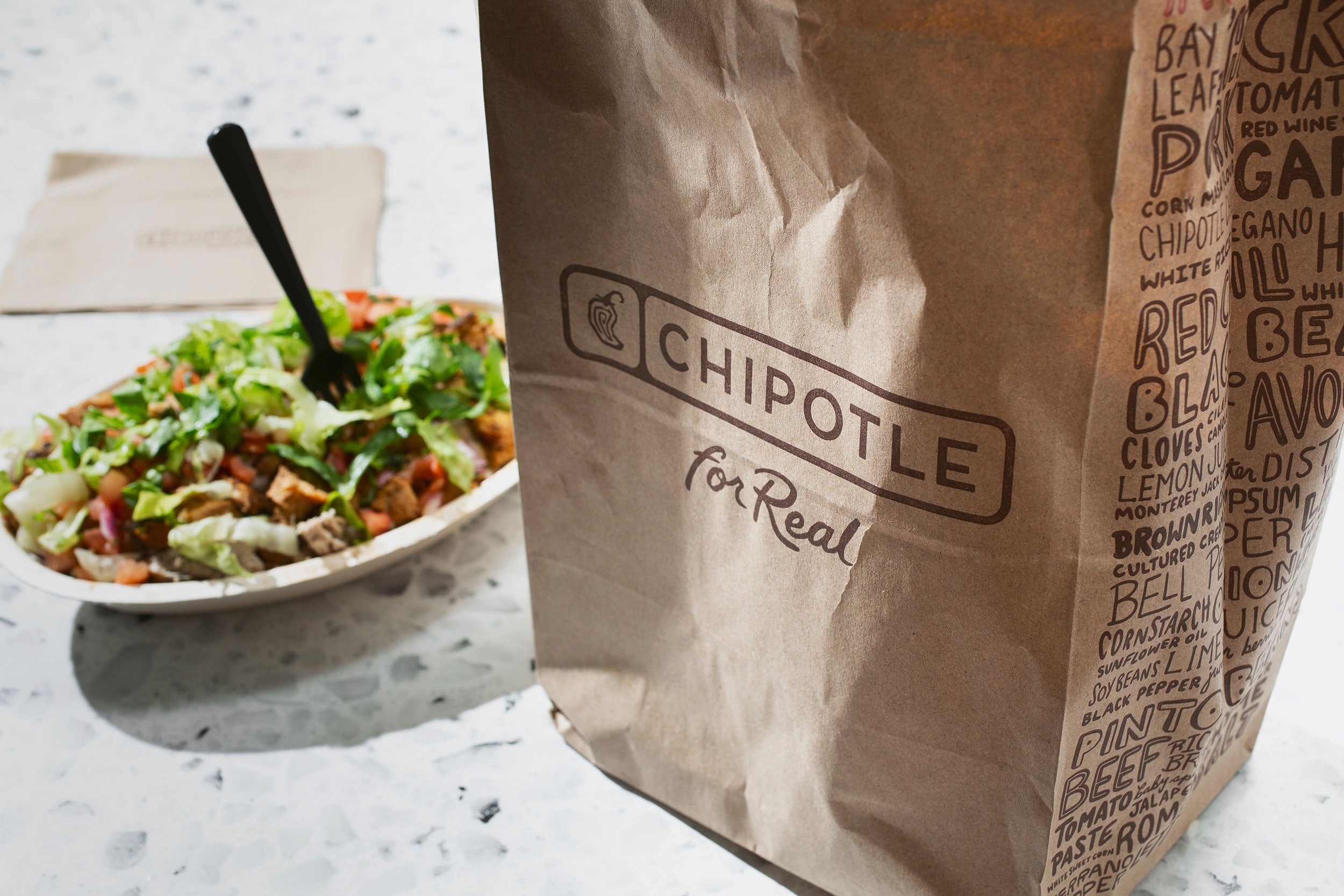For years, Chipotle has been a thorn in the side of the agricultural community. As an agricultural journalist and someone deeply connected to the farming world, I’ve watched with a critical eye as the fast-food chain has navigated its way through public relations, often at the expense of farmers. From their harsh anti-GMO stance (except in high-profit products like sodas and cheese) to their infamous Scarecrow and Farmed and Dangerous campaigns, Chipotle’s marketing strategy has historically been nothing short of disrespectful toward agriculture.
Their messaging painted conventional farming in a negative light, alienating a community that works tirelessly to feed the nation.
The backlash from the farming community was swift and vocal. Many of us in agriculture have long viewed Chipotle as an adversary, a company that repeatedly acted hostile toward agriculture and capitalized on fear-based marketing and misrepresentation of modern farming practices.
The Scarecrow campaign, for example, was a particularly egregious portrayal of the agriculture industry, depicting it as something sinister and harmful. Their heavy push for non-GMO ingredients, organic labels, and other “sustainable” practices often came across as condescending and misinformed — and ran contrary to the scientific consensus about food safety. For a long time, Chipotle seemed more interested in pandering to (and profiting off of) consumer fears than in understanding the realities of farming.
However, in recent years, I’ve noticed a shift in Chipotle’s approach. It’s subtle, and some may say it’s still steeped in marketing tactics, but it’s a shift nonetheless. This change became more apparent to me after a personal experience where I publicly called out Chipotle for not attending a beef event. That callout led to conversations with Chipotle’s team, and I began to see glimmers of a softer stance toward agriculture.
One of the more recent developments that caught my attention is Chipotle’s partnership with The Ohio State University. The chain has been running a series of marketing campaigns featuring the OSU football team, highlighting how the athletes fuel up with Chipotle. This partnership also includes a four-year scholarship for a student enrolled in OSU’s College of Food, Agriculture, and Environmental Sciences.
This move represents a significant departure from Chipotle’s previous antagonistic marketing efforts and seems to be a step toward supporting the agricultural community in a more meaningful way.
Chipotle says that Ohio State is among the top five four-year universities that consume the most Chipotle, particularly among athletes. So the fast-food chain is also providing every scholarship and walk-on student athlete a customized card granting them one free Chipotle entrée per week for the entirety of their respective athletic seasons.
“Typically, only a few star athletes secure NIL deals and brand partnerships, but we wanted to reward all Buckeyes with real ingredients to support their pursuit of academic and athletic excellence,” said Chris Brandt, chief brand officer at Chipotle.
The decision to align with OSU and to invest in a scholarship for a future agricultural leader could be a step in the right direction. It’s a marketing direction that could lead to more positive engagement with the farming community. By focusing on what they call “real food, real ingredients,” and a connection with sports and athletics, Chipotle appears to be trying to reposition itself. They’re no longer just the anti-GMO, anti-conventional farming brand; they’re attempting to be seen as a supporter of good food and health, albeit with some of their previous messaging and false health haloes still lingering.
That being said, it’s important to remain cautious. While Chipotle’s current marketing strategy may be less offensive than before, it’s still worth scrutinizing. Their continued emphasis on organic, hormone-free, and antibiotic-free ingredients, while not exclusive to Chipotle, still carries a subtle undercurrent of judgment toward conventional farming practices. The reality is, many farmers — regardless of the size of their operation or the labels they use — are excellent stewards of the land and produce high-quality food.
Chipotle’s marketing may have softened, but it’s crucial to remember that these labels don’t necessarily equate to superior farming or food safety.
Previous analysis of Chipotle’s more recent “friendlier” marketing tactics referenced them as being “akin to pouring gas all over a dry forest, throwing in a match, and then a few years later wanting to be perceived as tree friendly by planting a few saplings. The threats to farmers and the negative perception of agriculture are precisely the problems that Chipotle helped to create.”
As someone who has been deeply critical of Chipotle in the past, I’m not ready to give them a full pass just yet. Their history of demonizing conventional agriculture isn’t something that can be easily forgotten.
However, I am cautiously optimistic about the direction they’re taking. The partnership with OSU and the scholarship for agricultural students are positive steps, and if Chipotle continues to engage with the farming community in this way, it could lead to a more constructive relationship.

However, the future of Chipotle’s relationship with agriculture might be at a crossroads once again. Brian Niccol, the current CEO of Chipotle, is set to transition to Starbucks as of September 9. Niccol’s departure raises questions about the direction Chipotle will take moving forward. Under his leadership, the company eased its aggressiveness against agriculture, which might explain his exit. Perhaps the shift in messaging didn’t align with other corporate priorities, or maybe his controversial practices as CEO played a role.
Niccol’s tenure at Chipotle has not been without controversy. With a salary reportedly hovering around $100 million per year after bonuses, and frequent use of a private jet — up to three or four times a week — Niccol’s lifestyle seems at odds with the “sustainability” message he has pushed at Chipotle. The carbon footprint of such behavior starkly contrasts with the company’s public stance on reducing environmental impact, raising questions about the authenticity of the brand’s sustainability claims.
As Niccol transitions to Starbucks, it will be interesting to see whether Chipotle will continue along the path of softer, more inclusive marketing that supports agricultural science and food safety, or whether his departure signals another shift in strategy. Similarly, how his leadership will impact Starbucks, a brand with its own set of sustainability claims and challenges, remains to be seen. His past approach suggests that while his public messaging might evolve, certain contradictions might persist.
Because of the negative history Chipotle has with agriculture, it’s understandably difficult to be accepting and open to the company changing their stance. While it’s still largely driven by marketing (and the desire to increase profits), there’s potential for this to develop into genuine support for the agricultural community.
The farming community deserves respect, not just from Chipotle, but from all food brands that benefit from their hard work. As these developments unfold, we’ll be watching closely, with a healthy dose of skepticism, to see if these companies will truly support the agriculture industry and our farmer’s futures.
Michelle Miller, the Farm Babe, is a farmer, public speaker, and writer who has worked for years with row crops, beef cattle, and sheep. She believes education is key in bridging the gap between farmers and consumers.



